Excavators are the workhorses of the construction and mining industries, capable of moving massive amounts of earth and rock. To handle their diverse tasks effectively, excavators can be equipped with various attachments. Two of the most common attachments for breaking and excavating are the excavator root ripper and the excavator breaker hammer. In this article, we’ll explore the key differences between these two powerful tools, their applications, and their impact on different industries.
The Excavator Root Ripper
-
Rip It Up!
The excavator root ripper is a specialized attachment designed to tear through tough materials, such as compacted soil, rock, and hardpan. It consists of a single shank with a pointed tip that’s attached to the excavator’s arm. The ripper’s primary function is to break up and loosen hard materials, making it easier to excavate and remove them.
-
The Mechanics
The ripper operates on a basic principle: the pointed tip is forcefully driven into the ground, creating cracks and fractures in the material. The excavator then applies an upward force to break and remove the fragmented material. This combination of penetration and force makes the ripper highly effective for loosening and breaking up compacted soils and rocky terrain.
-
Applications
The excavator root ripper is commonly used in a variety of applications:
– Preparing construction sites: Rippers are essential for breaking through hard surfaces to prepare the ground for foundation work, road construction, and more.
– Mining and quarrying: In mining operations, rippers are used to break up ore and overburden materials.
– Landscaping: For landscaping projects that involve excavating and reshaping terrain, the ripper can be used to break through hard layers and boulders.
– Utility installation: In utility projects, the ripper helps create trenches by breaking through compacted soil and rocks.
-
Advantages
– Cost-effective: Excavator root ripper are generally less expensive than breaker hammers, making them a more budget-friendly choice for certain applications.
– Precision: Rippers offer more control and precision when breaking up specific areas, which is beneficial when working in close proximity to structures or utilities.
– Versatility: Rippers can handle a range of materials, from softer soils to hard rocks, making them versatile tools on the construction site.
The Excavator Breaker Hammer
-
Smash and Crush!
The excavator breaker hammer, often referred to simply as a hydraulic hammer, is a powerful tool designed for heavy-duty demolition and rock-breaking tasks. Unlike the ripper, the breaker hammer features a hammer-like chisel that rapidly strikes the surface to disintegrate it. The impact force generated by the hammer is capable of breaking through even the toughest materials.
-
The Mechanics
The hydraulic breaker hammer is a more complex attachment, using a hydraulic system to deliver high-velocity blows to the material being broken. The chisel attachment reciprocates back and forth, applying immense force with each stroke. This force rapidly fractures the material, allowing it to be easily removed or further processed.
-
Applications
The excavator breaker hammer is widely used in various industries:
– Demolition: It is a primary tool for demolishing concrete structures, buildings, and bridges.
– Quarrying: Breaker hammers are crucial in quarry operations for breaking large rocks into more manageable pieces.
– Road construction: In road-building projects, breaker hammers are used to break up old pavement and concrete.
– Trenching: When creating trenches for utilities or pipelines, breaker hammers can efficiently remove hard surfaces.
-
Advantages
– Speed: Hydraulic breaker hammers are extremely efficient, allowing for rapid demolition and excavation, saving time and labor costs.
– Power: Breaker hammers deliver incredible impact force, making them suitable for heavy-duty tasks, including rock quarrying and large-scale demolition.
– Consistency: The repetitive hammering motion ensures consistent and uniform results when breaking up materials.
Choosing the Right Tool
The choice between an excavator root ripper and a breaker hammer depends on the specific requirements of the job. Here are some factors to consider when making your decision:
- Material Hardness: Determine the hardness of the material you need to break. Rippers are more suitable for compacted soil and moderate rocks, while breaker hammers excel in breaking hard rocks and concrete.
- Precision vs. Speed: If precision and control are essential, a ripper may be the better choice. If speed and power are the primary considerations, a breaker hammer is more appropriate.
- Budget: Consider your budget and the overall cost of the project. Rippers are generally more cost-effective, while breaker hammers are pricier but offer greater speed and power.
- Project Size: For smaller projects or when working in confined spaces, a ripper might be the better fit. For large-scale demolition and excavation, a breaker hammer is the go-to choice.
Conclusion
Excavators are invaluable machines in construction, mining, and other heavy industries. The choice between an excavator root ripper and a breaker hammer depends on the materials being handled, the level of precision required, the project’s size, and your budget. Both tools have their unique strengths, making them indispensable for different tasks. Understanding these differences will help you make the right choice, ensuring efficient and cost-effective results in your excavating and demolition projects. Whether you need to rip it up or smash it down, there’s an excavator attachment designed for the job.

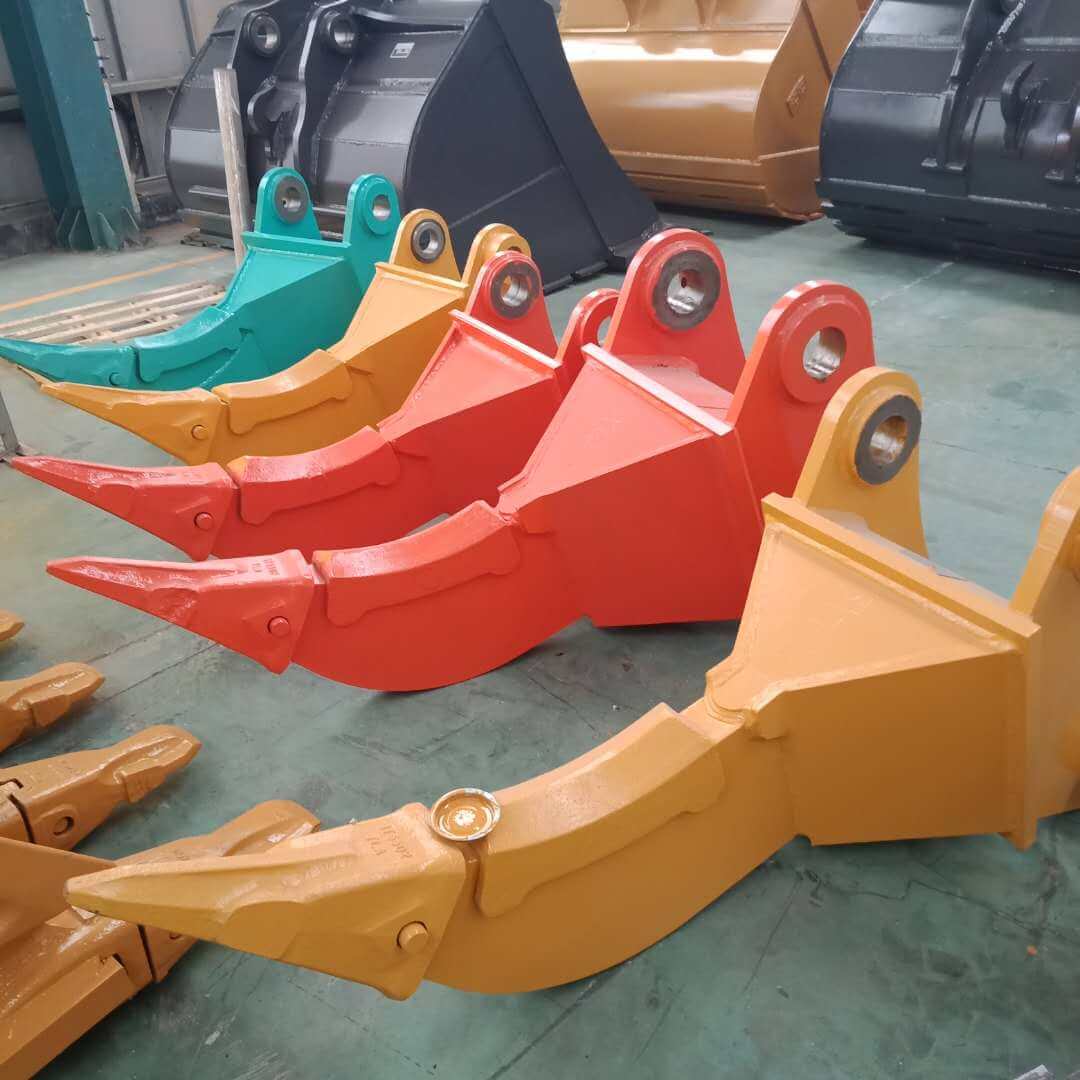


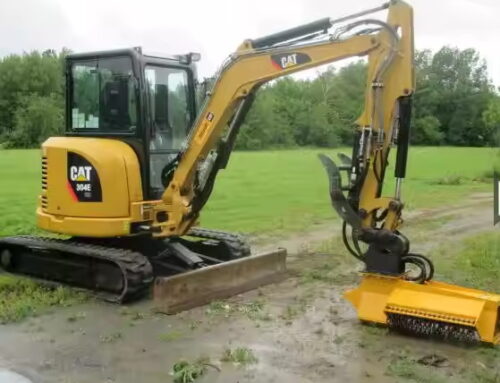
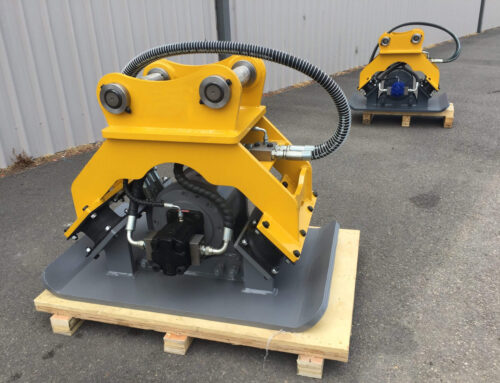
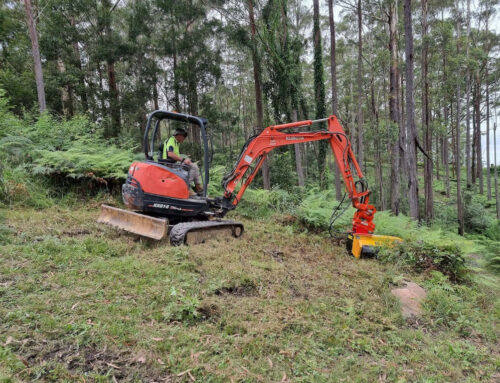
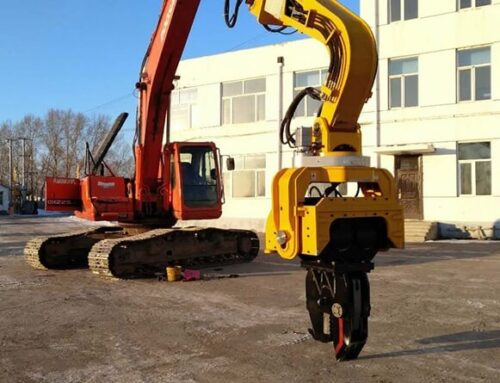
Leave A Comment